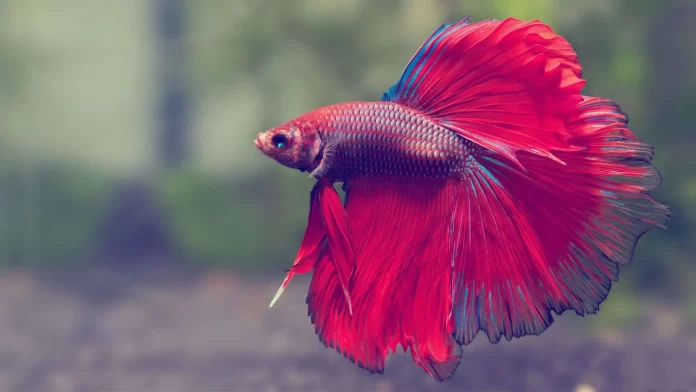Introduction
Pink betta fish have been rising in popularity among aquarium hobbyists in recent years. With their bright pink hues and flowy fins, they provide a gorgeous pop of color to any tank. In this beginner’s guide, we’ll cover everything you need to know about keeping pink bettas happy and healthy. We’ll discuss their ideal tank setup, feeding, behavior, tank mates, common diseases, and where to find a high quality pink betta. By the end, you’ll see why pink bettas make for a unique, easy-care fish that is perfect for beginner aquarists and families.
What are Pink Betta Fish?
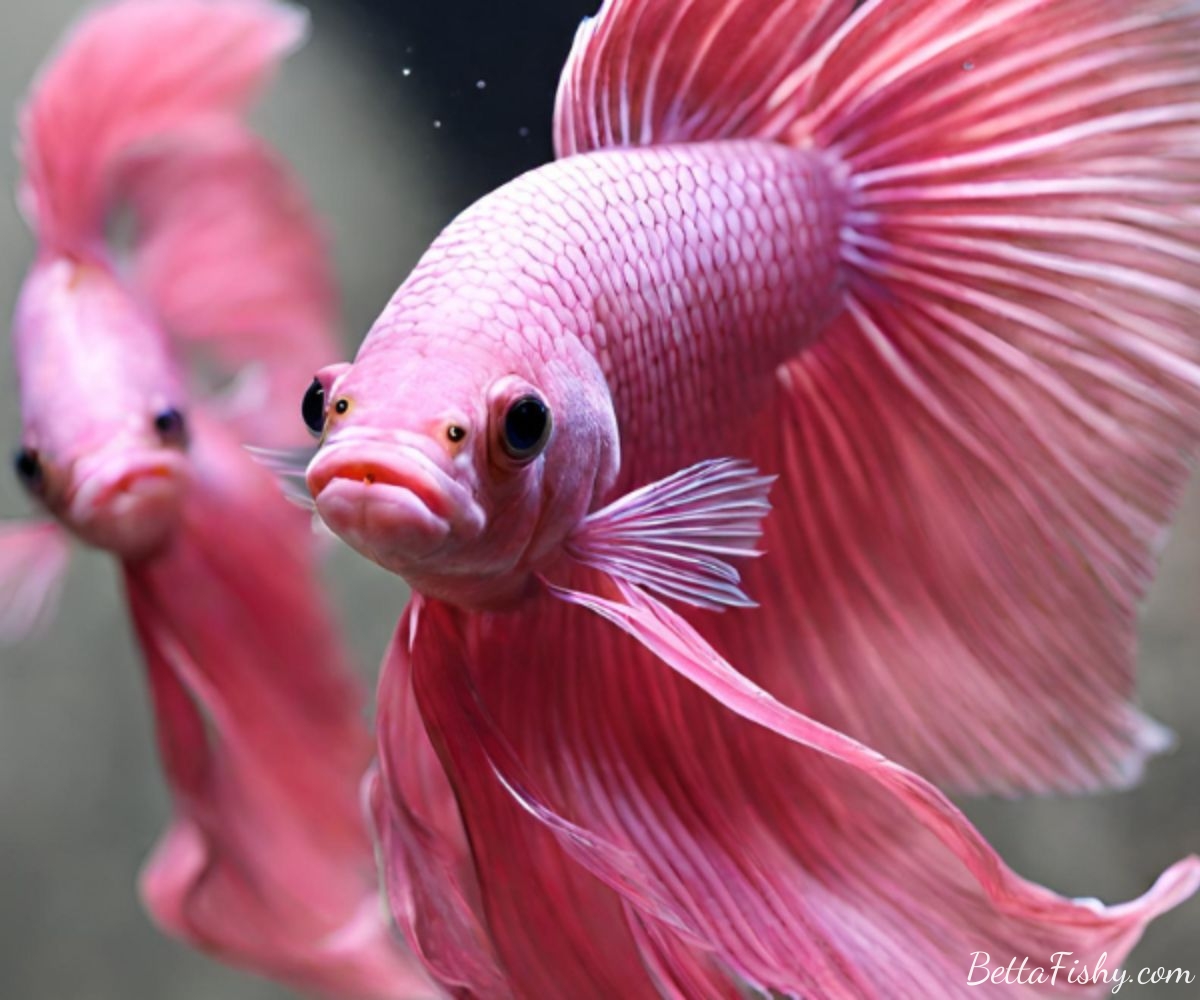
Pink betta fish are a color variant of the popular Siamese fighting fish (Betta splendens). Native to the rice paddies and floodplains of Southeast Asia, bettas were first bred for aggression and fighting ability. However, through selective breeding, most bettas today are bred for their long, flowing fins and vibrant colors.
Pink bettas started appearing in the early 2000s from breeders like Frank Aquadine. They likely originated from crossing red and albino betta lineages. The pink coloration results from a reduced amount of melanin pigment. Breeders have since worked to enhance the pink shades.
There are several different pink betta variations, including:
- Marble: Pink and white marbled pattern on the body and fins
- Albino: Very pale pink/white coloring with red eyes
- Dragonscale: Thick white metallic scaling overlaying the pink body
Through selective breeding programs, pink bettas have become more vibrant and stable in their coloration. They make a unique addition to home aquariums.
Pink Betta Temperament
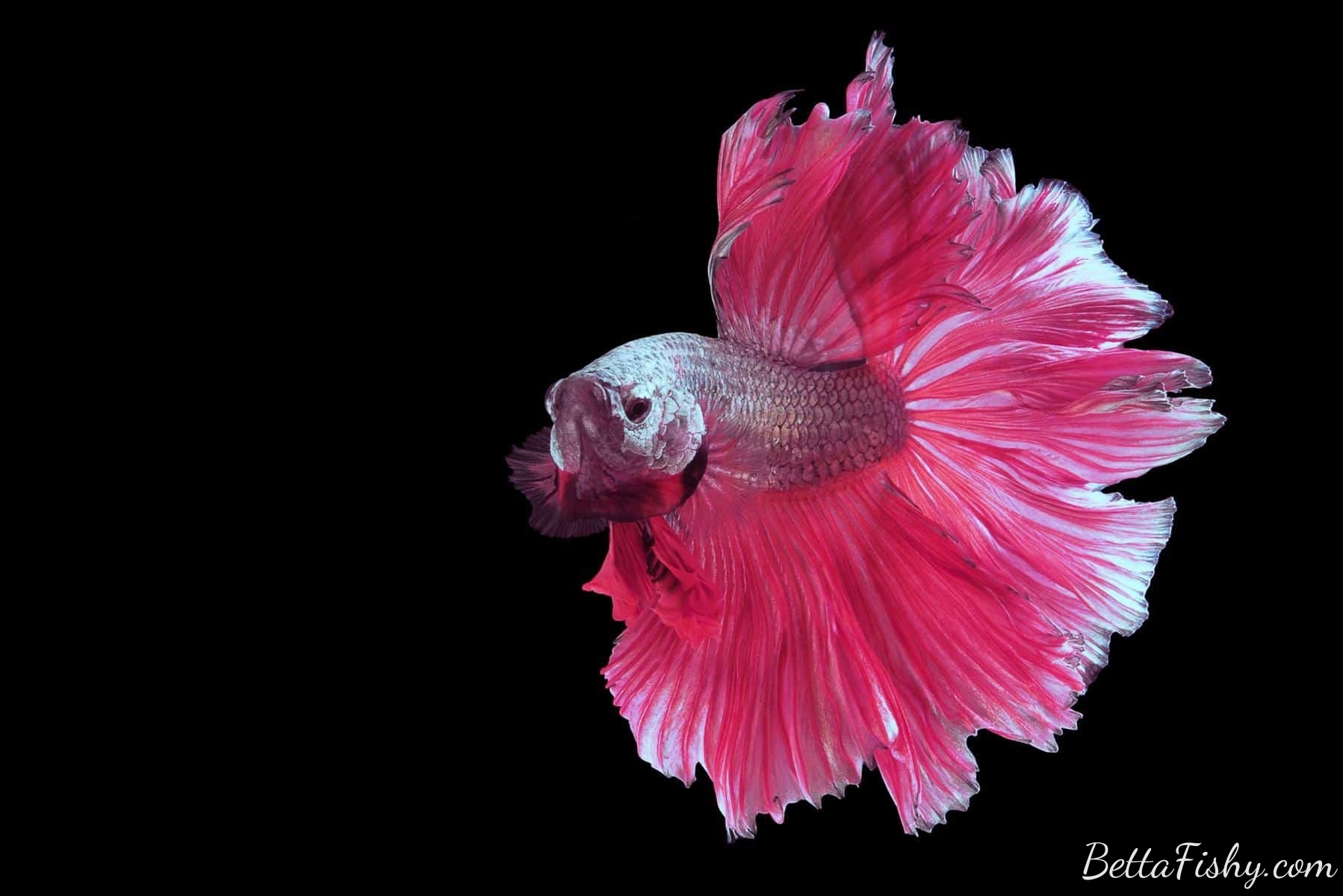
Pink bettas are known for having a calmer and more docile temperament compared to other betta varieties. While bettas in general are aggressive toward their own species, pink bettas tend to be more tolerant of tank mates than some other betta types.
Pink bettas typically do well in a community aquarium setting. They can coexist with small, non-aggressive fish like tetras, rasboras, danios, corydoras catfish, shrimps, and snails. However, it’s best to avoid tank mates with flashy fins or bright colors that may trigger aggression in pink bettas.
Unlike wild bettas, pink bettas have been selectively bred for captivity and interact well with their owners. They are intelligent fish that can even be trained to follow your finger and do little tricks for food rewards. Their inquisitive nature makes them fun to observe.
With their laidback attitudes and ability to get along with other fish, pink bettas make pleasing additions to peaceful community tanks. Their interactions with tankmates and owners add interest and personality to the aquarium.
Pink Betta Care
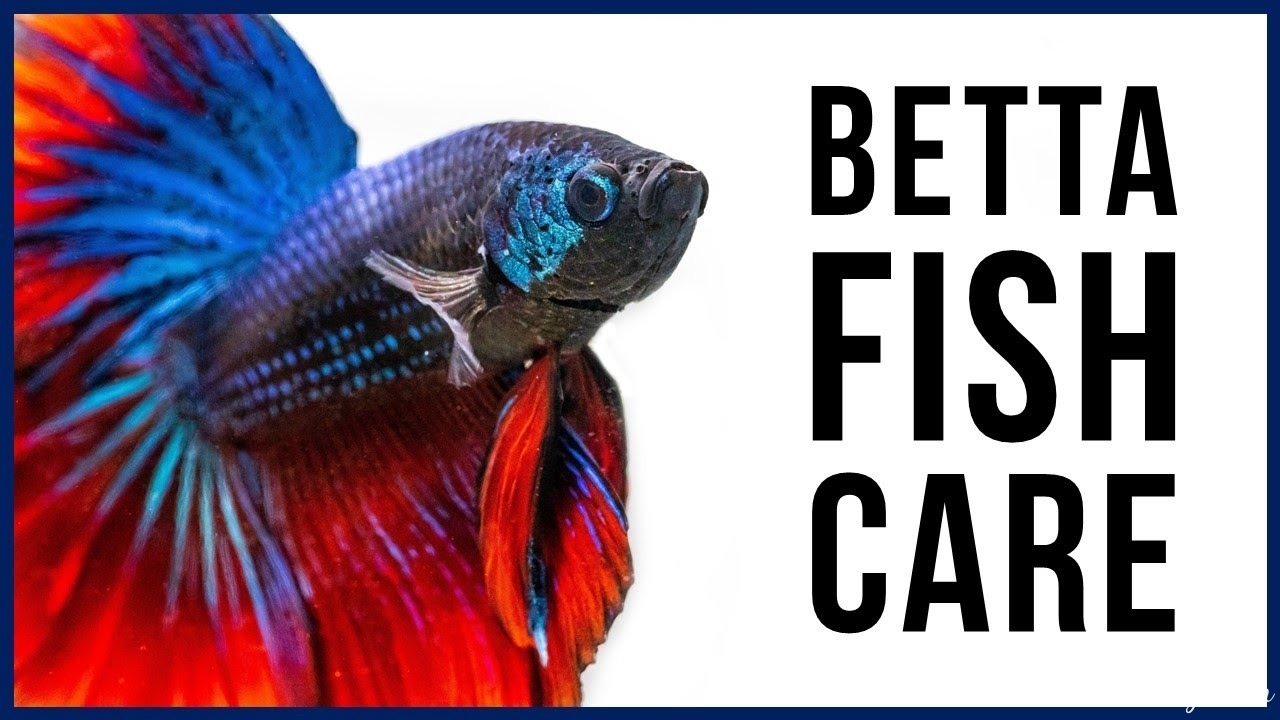
Pink bettas require a heated, filtered tank of at least 5 gallons to thrive. A larger tank such as 10-20 gallons is ideal as it allows more horizontal swimming space and dilutes waste. The water should be maintained between 76-82°F and the pH between 6.5-7.5. Perform regular partial water changes of 25-50% weekly to keep the water clean.
Feed pink bettas a high quality pellet or flake 2-3 times per day, about as much as they can consume in 2 minutes. Pellets made specifically for bettas have the right protein content. You can supplement with freeze dried or frozen foods like bloodworms, brine shrimp and daphnia for variety. Take care not to overfeed as uneaten food fouls the tank water.
Decorate the tank with live or silk plants and hides. Pink bettas appreciate resting spots near the surface. Make sure decor has smooth edges and nothing sharp that could tear fins. An air powered sponge filter provides gentle water flow and surface disruption bettas prefer.
Experience choosing healthy pink Betta fish
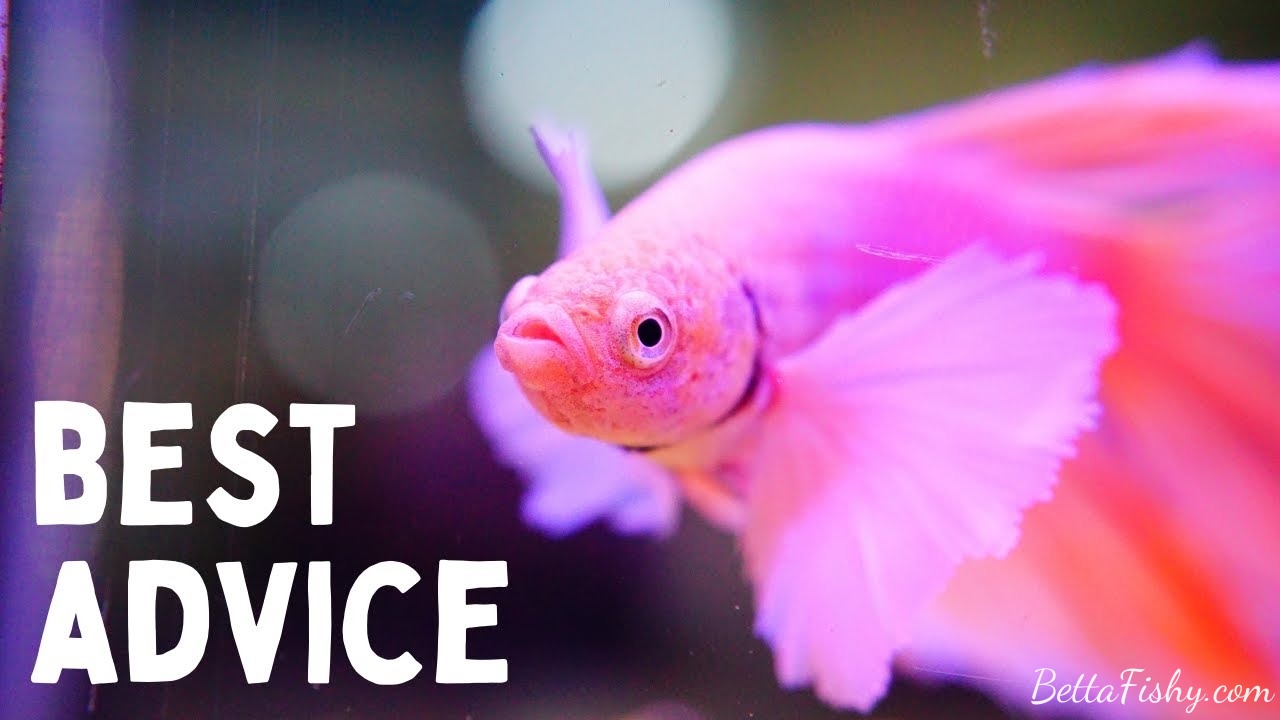
When selecting a pink betta fish, it’s important to pick out a healthy individual that is active and free of any signs of illness or disease. Be sure to closely inspect each fish in person before bringing one home. Here are the key things to look for:
Avoid bettas that are lethargic or inactive. Healthy fish will be energetic and curious, swimming around to explore their surroundings. Lethargy could signal underlying health issues.
Check for damaged or clamped fins. Fin damage like rips or tears can lead to infection. Clamped fins held close to the body may indicate the fish is sick or stressed.
Look for clear eyes without cloudiness or film. Cloudy eyes or grey/white film is a symptom of eye infections.
Inspect for spots, lesions, or cottony growths on the body or fins which could be due to bacterial or fungal infections.
Make sure the scales are intact and lying flat against the body. Pineconing scales (raised scales protruding from the body) is a sign of dropsy disease.
A healthy pink betta should have vibrant, rich coloration without any fading or loss of color. Pale patches may signal illness.
Select active fish with smooth fin movements and normal swimming. Gasping, twitching, or sinking to the bottom is abnormal.
Pick fish with a smooth body profile, not emaciated or bloated looking. A bulging belly could mean a parasite infection.
Avoid any fish kept in dirty water. This stresses fish and makes them prone to diseases.
By carefully inspecting each pink betta and avoiding any with potential red flags, you can be confident in choosing a high quality, healthy fish for your aquarium.
What factors affect the lifespan of pink Betta fish?

With proper care and a healthy environment, the average lifespan of a pink betta fish is 3-5 years. Some have been known to live even longer – up to 7 years in rare cases!
There are several key factors that influence a pink betta’s longevity:
- Tank Size – Pink bettas need at least a 5 gallon tank, bigger is better. Cramped tanks lead to stress and disease.
- Water Quality – Excellent water quality is crucial, as pink bettas are prone to illnesses in dirty water. Weekly partial water changes are recommended.
- Diet – A nutritious diet with proper nutrition is key. Feed a high quality betta pellet and supplement with treats like bloodworms.
- Genetics – Well-bred pink bettas from ethical breeders often live longer than mass-produced pet store bettas.
- Activity Level – An active, enriched life supports health and longevity. Provide toys, plants, hiding spots.
- Preventing Disease – Stopping common illnesses like fin rot with good care helps pink bettas live to old age.
With diligent care, pink bettas can live happy and healthy lives for years in home aquariums.
The disease is common in pink Betta fish
Pink bettas are susceptible to some common freshwater fish diseases. However, many of these can be prevented with proper care and maintenance of their tank environment.
Some of the most common diseases include:
Fin Rot
Fin rot is caused by bacteria and presents itself as frayed, torn fins. Maintaining good water quality and not overcrowding the tank can prevent most cases.
Ich (Ick)
Ich is a parasitic disease that causes small white spots resembling salt grains on the fish’s body and fins. Keeping the tank water clean and the temperature consistent around 80°F can help avoid ich infections.
Fungal Infections
Fungal infections like saprolegnia appear as white cottony growths on the skin or fins. They are treated by antifungal medications and improving water quality.
Bacterial Infections
Bacteria like columnaris can cause lesions, ulcers, frayed fins, and lethargy. Using a proper tank quarantine period for new fish can reduce the risk of introduction.
Conclusion: A Pink Betta Fish may be the perfect pet
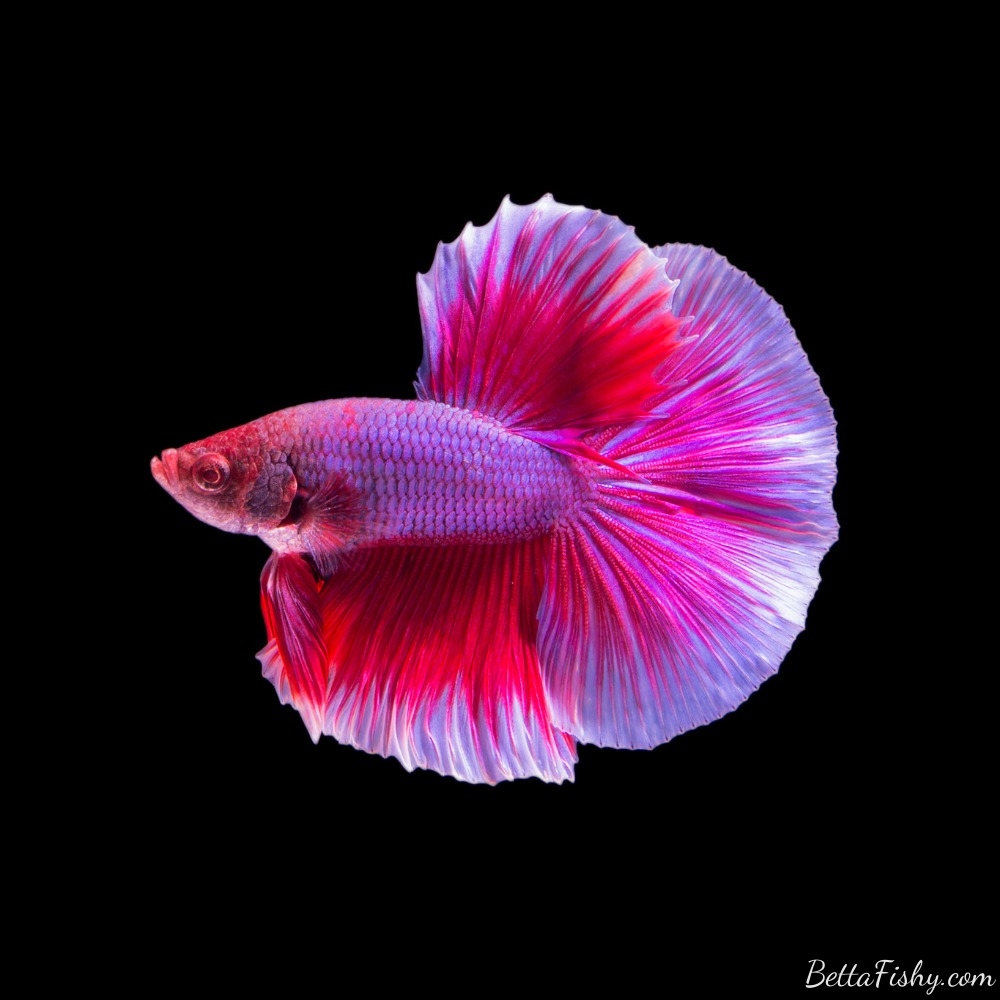
They’re a great choice for a first time betta fish owner. After you drop them off at your local pet store, you will have little interaction with them. They require no special diet, hold their temper when housed alone in a small bowl, and love to interact with humans. A Pink Betta Fish would also make a lovely addition to any aquarium decorating scheme.

